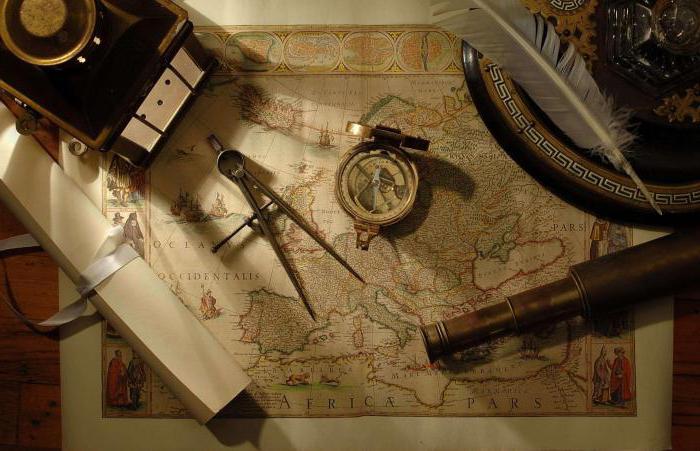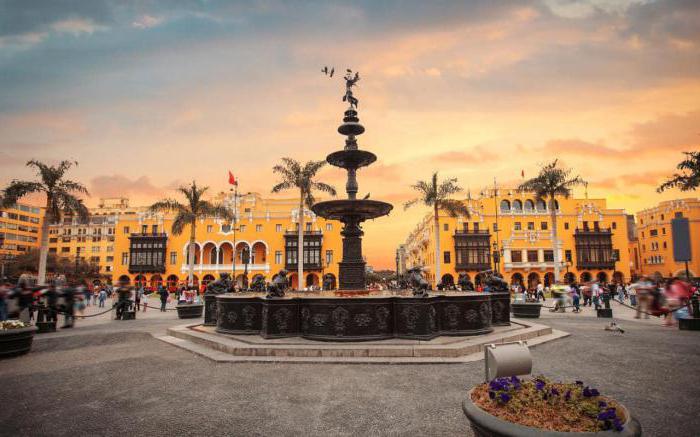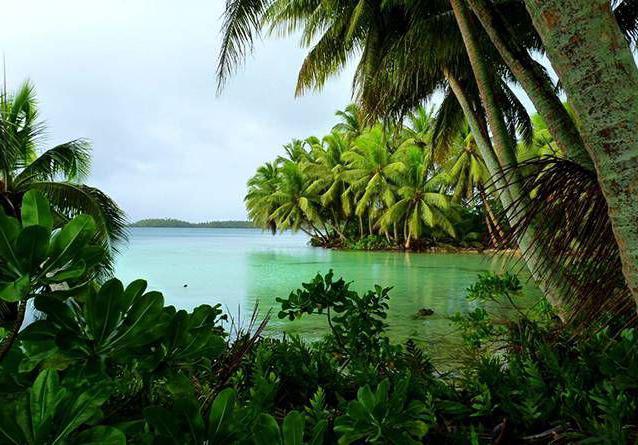What is geography?
Revealing the question of what geography is (G.), we note that this is a rather extensive system of sciences that are engaged in a detailed study of the geographic envelope of the Earth, and also reveal temporal and spatial patterns. Thus, she studies the geospheres (soils, biosphere, atmosphere, etc.) and geological systems (landscapes, biogeocenoses and others).
Objects of study of this science are the lawslocation and establishment of contacts between the components of the geographic area, as well as their combinations at the state, regional, oceanic and global levels. All this was the impetus for modern geography to focus on the line of branch disciplines. Thus, natural and social geographical sciences are distinguished. The basis of the first is landscape studies, studying landscape complexes, and geography, revealing the regularities of the geographical envelope. This includes such branch sciences as climatology, oceanology, hydrology and others.
Considering what geography ispublic, it should be noted that it is engaged in the study of the territorial organization of society. This includes economic, political, cultural and social geography.
In any case, any of the listedbranch sciences has one goal - the justification of the methods of territorial formations of social groups, the definition of long-term goals and objectives for creating a safe ecological environment in which society will develop.
The foundations of geography were laid in the first centuryad. And already in the Renaissance the achievements in this area were rethought, cartography began to develop actively. In the XIX century, A. Humboldt and K. Ritter laid the foundations of modern academic teaching. To date, it is a complex of seven sciences, such as:
1.Mathematical G. - studies geodesy and astronomy, based on the knowledge obtained, maps are created in different projections.
2. Geophysics - is related to the study of physics, geology and astronomy.
3. Physical geography: oceanology, geology, climatology (meteorology) - synthesizes data on climatic differences on the Earth's surface.
4. What is biological geography? This science includes:
a) H. of animals (associated with the study of zoology);
b) Plant G. - has a connection with botany.
5. Country studies - a detailed study of the history of the emergence of different countries.
6. Anthropogeography - is based on data from anthropology, statistics, ethnography, history, as well as biological and physical geography.
7. History of geography - studying information about the surface of the Earth, as well as geographical views and concepts.
All these sciences are closely related. If we consider the example, we can see that the main task of a specialist in this field is to study the country studies in depth, which is inconceivable without acquaintance with the geography connected with private geography
If we talk about what geography is formodern society, and what role it plays in its development and development, it should be noted that for many centuries this science has ensured the connection of acquired knowledge with natural, social, and economical processes, since here the close attention is paid to the world of people, their relationship to each other and to nature, as well as to culture, life and so on.
Thus, having considered what geography is,it is necessary to emphasize that this science has a great integration resource, it unites various branches of knowledge and research methods to provide assistance in solving the important problem of modern times - ensuring the sustainable development of mankind in various countries of the world.
</ p>








